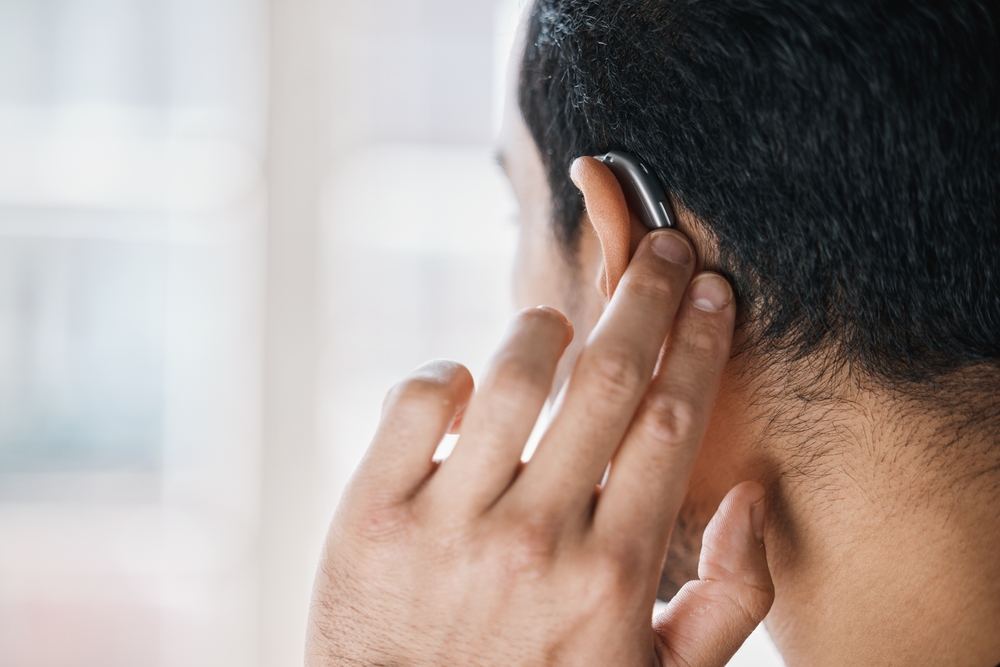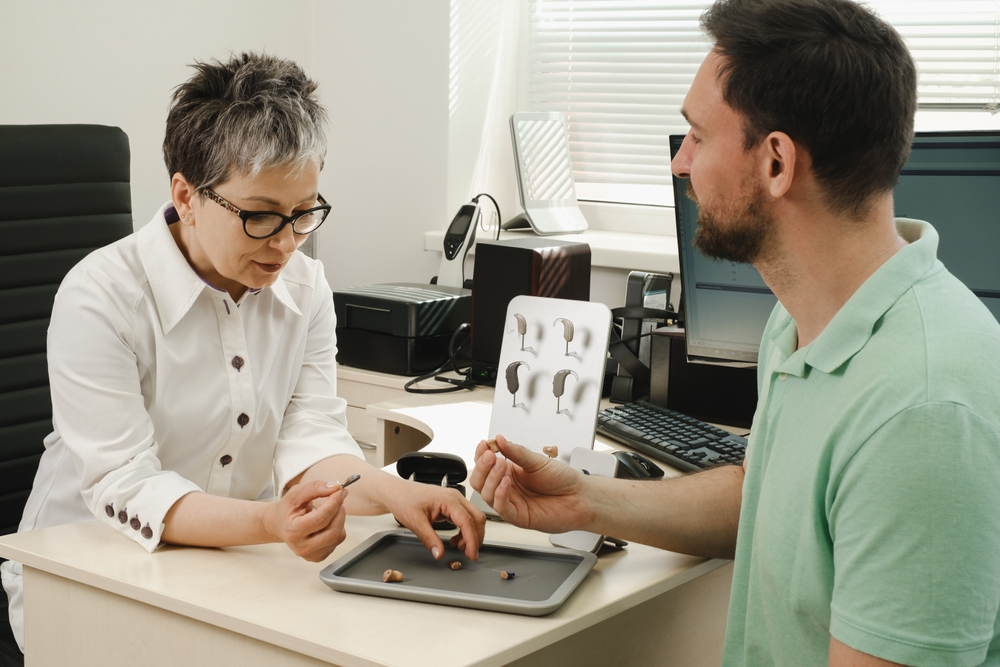The term “cheap” carries dual meanings. On one hand, it signifies affordability—a wise choice for a budget-conscious individual. On the other hand, it conveys low quality, turning a seemingly economical purchase into a not-so-smart decision, epitomized by the adage “you get what you pay for.”
Regrettably, distinguishing between a thrifty purchase and an item of negligible value is often challenging. This is especially true in the realm of hearing aids.
With hearing aids, the axiom “you get what you pay for” rings particularly true. This doesn’t necessarily imply opting for the top-tier option, but rather, scrutinizing offerings that boast a price tag too enticing to be genuine. Companies marketing inexpensive hearing devices often omit essential details about their products that consumers should be aware of.
They often just amplify sound
Cheap “hearing aids” typically offer limited functionality, primarily amplifying or reducing overall volume. If you amplify to hear the TV better, you’ll also pick up background noises like the dishwasher, a fan in another room, a barking dog, or the sound of your house shoes moving across the floor.
If everything is louder, it completely defeats the purpose of having a hearing aid.
Contrastingly, a high-quality, contemporary hearing aid goes beyond mere volume adjustment. It skillfully manages sound, enhancing the clarity of desired sounds while tuning out background noise. Genuine hearing aids are tailored to your specific hearing requirements, closely mimicking natural hearing with greater accuracy.
Hearing aids vs. PSAPs
The Food and Drug Administration has written guidelines for those who sell hearing devices and have strict rules as to what can be called hearing aids.
Sadly, there are many devices out there that market themselves as hearing aids when they are technically personal sound amplification products (PSAPs), named such because they can only amplify sound.
Most reputable companies comply. But you may find some uninformed salespeople or products on Amazon or eBay that mislead consumers into believing that these devices meet the definition of a hearing aid. Some even falsely advertise that they are FDA-approved.
They aren’t inclusive for most types of hearing loss
The gradual loss of hearing often involves difficulty with specific frequencies rather than a sudden complete loss. For instance, you may have no trouble hearing a man with a low voice, but struggle with a woman’s or child’s voice, finding it challenging to comprehend.
A cheap hearing device typically results in overall volume amplification. However, if you struggle with specific frequencies, merely increasing the volume proves insufficient. Furthermore, turning up the volume significantly to catch the sounds of your granddaughter playing on the floor may result in your adult son’s speech sounding like a roar, potentially contributing to hearing loss if exposed to high volumes for extended periods.
High-quality hearing aids offer a solution by being programmable to compensate for the loss of particular frequencies. They can instantly adjust the frequency you struggle to hear to one that is more audible, providing a more tailored and effective hearing experience.
You may get a lot of feedback
Cheap hearing aids are generally not custom fit to your ears. Without that custom fit, you’ll create a feedback loop. The microphone picks up the sound from the speaker in your ear as it jiggles around. What does this sound like? An ear-shattering screech.
They typically won’t help you on the cellphone
Functionality is often sacrificed when opting for budget options, and this holds true for many inexpensive hearing aids lacking Bluetooth capability. The absence of Bluetooth becomes crucial when considering phone connectivity. Attempting to amplify a cheap hearing aid while on the phone results in capturing not just the caller’s voice but also the sounds of your ear, lips, clothing, and hair brushing against the phone, making it even more challenging to hear the person on the other end.
In contrast, digital hearing aids utilize telecoil or Bluetooth technology, establishing a wireless connection between your hearing aid and the phone. This advanced feature ensures that when your daughter speaks on the other end, her voice is transmitted directly into your hearing aids, enhancing clarity and overall communication.
They’re not designed for people with hearing loss
This may come as a surprise because so many people think otherwise. PSAPs were never designed for people with hearing loss. They were designed to help people who have relatively good hearing hear things a little louder.
If you have very mild hearing loss then cheap devices may help a little. But people who actually need hearing aids won’t find them very useful.
Finding quality, affordable hearing aids
There are many ways to get hearing aids affordably. Insurance or other third parties may cover them. There are also affordable brands, leasing plans, and financing options. If you suspect hearing loss, start by getting checked out. Hearing specialists can help figure out what’s best for you, depending on on your level and type of hearing loss, and they’ll make sure you land a pair that won’t break the bank.
Find a hearing specialist near you to schedule a hearing evaluation and explore quality options.



